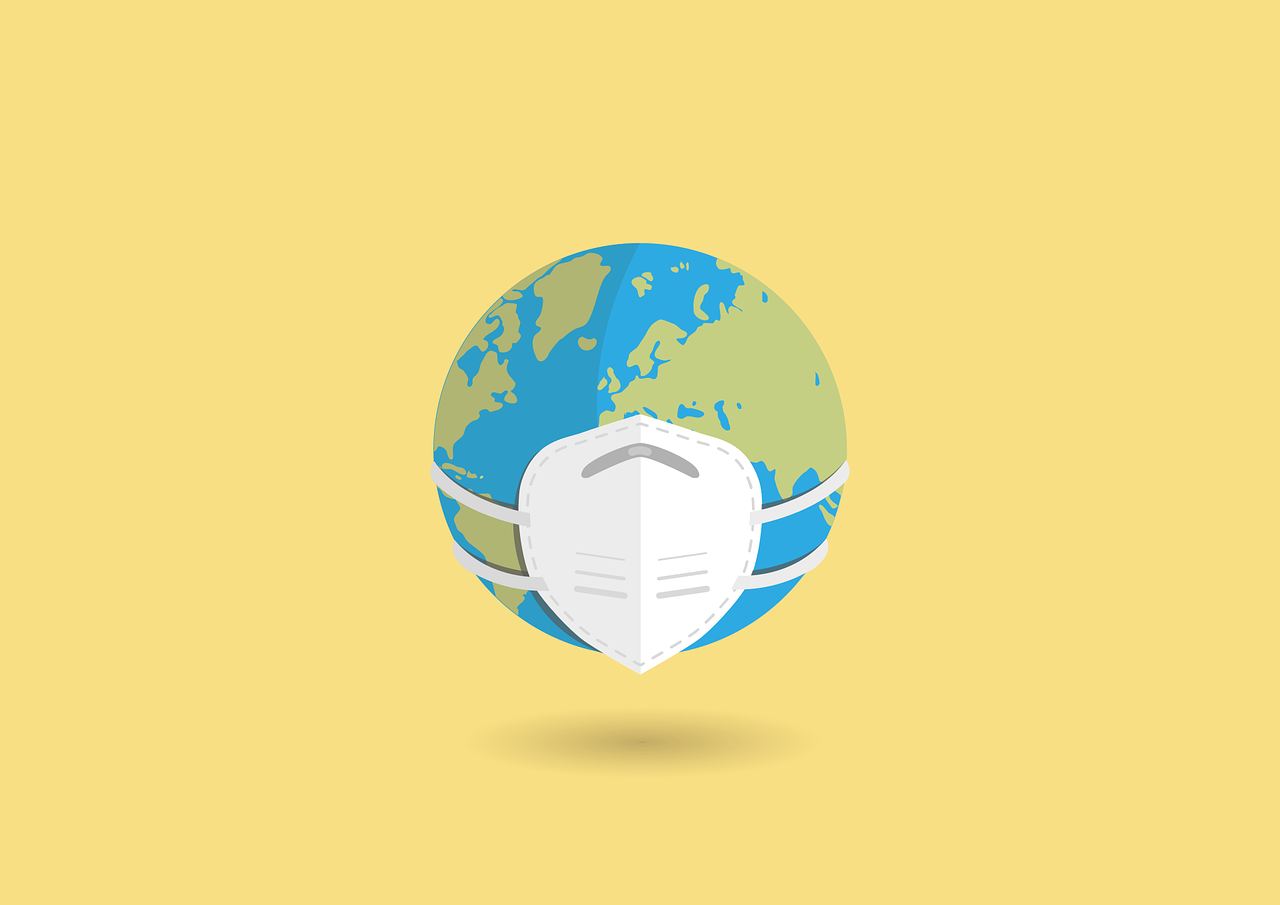As I sat down with my family at a local brunch place in my hometown of Huntersville, I noticed my little brother refused to take his mask off, even after we were seated. With children just now getting vaccinated, I understood why Josh was determined to follow precaution: he wasn’t vaccinated. Having a thirteen-year-old brother that has not been vaccinated yet, I am hesitant to get rid of the mask for good. On April 28th, North Carolina Governor Roy Cooper lifted the required mask mandate, and normalcy appeared to be in sight. However, is the new mandate a false sense of security? Are we in a rush to forget the pandemic ever happened without careful consideration of the at-risk parties still at large? There are many reasons why I still feel the need to wear a mask indoors, and the biggest reason has to be the health and safety of myself, my family and the population.
In the general public, you don’t know who is vaccinated and who is not. The CDC states that if you are not vaccinated, “You should wear a mask and maintain distance in all indoor public settings and outdoor settings.” However, how can you prove that you’ve been vaccinated? We can’t all walk around with our vaccination cards taped to our foreheads, nor are the unvaccinated population in a rush to tell the public they did not get their shot. We are left in a scary limbo of hoping the people we brush by in stores have been vaccinated and are caring for the common good of the public. Although the CDC has urged vaccinated people to not worry about the unvaccinated people they come in contact with, the spread does not just involve the interaction between unvaccinated and vaccinated parties. The Washington Post states, “As with getting vaccinated, it’s not just about you; it’s also about stopping the spread of the virus in the broader society.” The main problem is the spread of the coronavirus via unvaccinated people. Without the unvaccinated people wearing masks, we run into the same social and health dilemma that controlled the past year of our lives, and the virus continues to spread.
When assessing the country’s public health, it’s important to listen to professionals: doctors and scientists. As a 19-year-old college student, I accept my ignorance on the subject of virology, and therefore, I listen intently to what professionals have to say. The new issue that surfaced in February of this year is the Delta variant of the coronavirus. The variant was first discovered in India, and as it makes its way across the globe, U.S. health officials are “scrambling to get more Americans vaccinated to keep the Delta variant from proliferating across the United States.” CNBC states, “The Delta variant accounts for 60% of new cases in the U.K…in the U.S., it is more than 6% of cases scientists have been able to sequence, but the actual number is likely higher.” Dr. Anthony Fauci, the White House chief medical advisor, stressed at a press briefing that the transmission of the new variant was peaking in people between the ages of 12 and 20. Being in that age group, I feel socially obligated to wear my mask indoors for a few more months while more people get vaccinated and to get the new variant under control. If wearing a mask for another two months this summer leads to me having a more normal sophomore year, then so be it.
On a personal level, it took me until around January of this year to relax about the coronavirus and stop having panic attacks about getting the virus, and that’s because I actually got the virus in January. Although I was lucky enough to not have any major symptoms, it depleted my immune system for the rest of the semester, and I ended up getting a new cold every month. The virus set me back in school and wore me out. It was completely exhausting. I would rather not get the virus, or some untreatable variant, ever again, nor have someone I know get it. Even though my anxiety has decreased since getting COVID and getting vaccinated, I can’t necessarily shake the anxiety I get when I walk into a store and see people approaching me without a mask. We are not the same people we were at the beginning of 2020. We have had months of no contact with anyone except our family or social pod, and now we have new trauma, new anxiety, and new feelings of depression. It would be an injustice to ourselves to dismiss all of the feelings that we felt this past year.
If COVID has taught me anything the past year, it’s that you have to put your health and safety first and surround yourself with people that share similar values. These past few months of loosening restrictions have been an adjustment, and I personally can’t blame anyone for being hesitant about this new maskless, post-lockdown world. Just know that if you still want to wear a mask inside, your feelings are justified.
- Virality’s Darkness: Balancing Privacy and Surveillance - April 28, 2023
- Times Sex and the City Was Not Woke - September 10, 2021
- Love Talks: Your High School Heartbreak Wasn’t for Nothing - July 23, 2021

